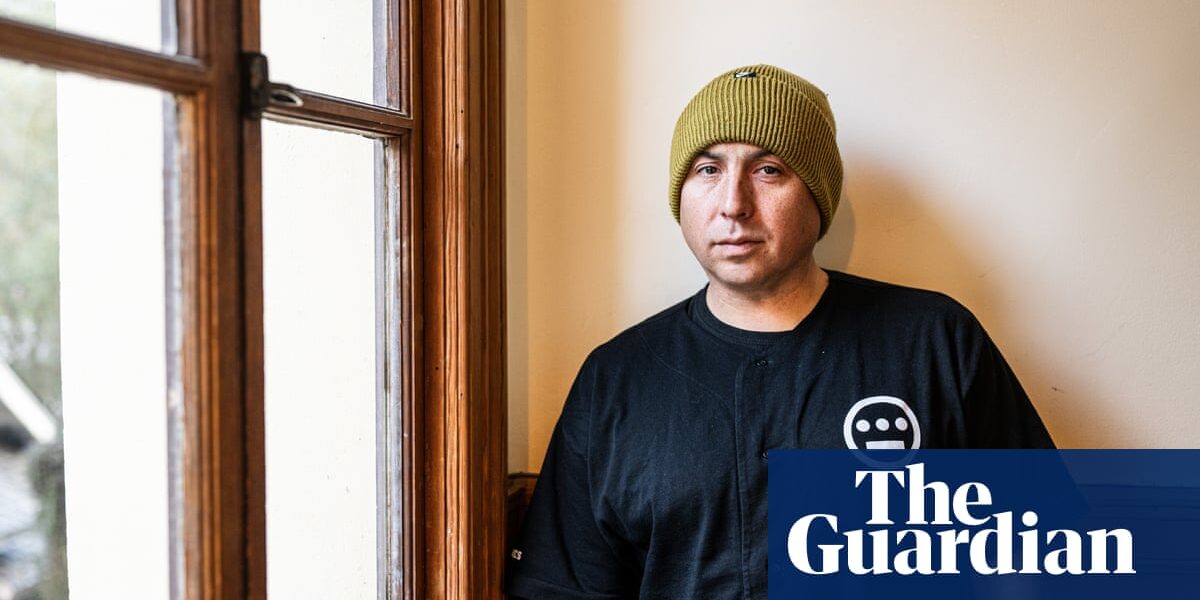
T
Tommy Orange, a writer from the Cheyenne and Arapaho tribes, published his first novel in 2018 titled There There. The novel focused on the diverse identities of Native Americans living in urban areas. With a completely Native American cast, it explored themes of power, storytelling, loss, disappearance, and the impact of history. The unconventional structure of the novel put the central event, a shooting at an Oakland powwow, at the end of the book and did not fully unravel its aftermath.
The second novel, Wandering Stars, is both emotionally charged and structurally compelling. It is a companion to There There and follows the life of Orvil Red Feather after being shot while dancing at an event. The story also introduces Orvil’s younger brothers, Loother and Lony, who have been under the care of their great-aunt Opal Viola Victoria Bear Shield since their mother’s suicide due to drug addiction. The novel also explores the relationship between Opal and Jacquie Red Feather, Opal’s half-sister and the boys’ estranged biological grandmother. Jacquie is a recovering alcoholic who is dedicated to living her life sober, one moment, one step, and one day at a time. The beginning of the novel shares the stories of the characters’ ancestors, starting with Jude Star, a survivor of the 1864 Sand Creek massacre.
In a passionate introduction, Orange cites the eliminationist language used by Colonel John Chivington, leader of the US army troops in the massacre: “Among the victims were children, but not just any children, rather the offspring of Native Americans who were deemed merciless savages by the American colonizers. They were seen as nothing more than pests and lice, as one man put it, justifying the massacre at Sand Creek.” Orange employs the prologue to emphasize the power of language to do good and evil, particularly in the context of America’s ongoing conflict with Indigenous peoples. He condemns Lt Richard Henry Pratt’s slogan, “Kill the Indian, Save the Man” as a strategic approach to the “Indian problem”, which ultimately had devastating consequences for Native children who were forced into residential schools in an attempt to assimilate them.
After surviving a massacre, Jude is arrested and charged with “Southern Cheyenne crimes against the US Army”. He spends three years imprisoned in Florida, where he is forced to wear clothing that reminds him of the men who had attacked his people. During his time in prison, he learns to read and write English by memorizing Bible verses, including one that references false prophets – also known as the “wandering stars” mentioned in the book’s title. Decades later, his son Charles will attend the Carlisle Indian Industrial School and experience similar struggles. Both father and son will also struggle with addiction, Jude to alcohol and Charles to opium.
One person in There There claims that Indigenous art is held back by its focus on the past. This idea is also mentioned in Wandering Stars when Lony states that people only see Indigenous people as from the past, but they are actually still present. Orange’s success in these initial chapters lies in his skill to capture the deep scars of history in personal moments and memories that are vivid and painfully real, as if they were happening in the present. There are disturbing details, such as Native Americans being imprisoned and forced to show their Indigeneity for white people, selling art and souvenirs. In one particularly disturbing scene, Jude describes the taking of head measurements as a form of “death”, used to justify the belief that Native Americans were “savages”. Orange effectively conveys the racist beliefs that once captivated white America, and the methods, ranging from everyday to pseudoscientific, that they used to pursue their harmful goals. Appropriately, the character of the historical Pratt is portrayed as a complex person with both flesh and a multifaceted psychology. Through chilling moments of insight, Orange reveals how Pratt saw himself as well-intentioned while being undeniably monstrous.
Currently, Orvil is in a chaotic, tumultuous state after being shot. He is recuperating at home with a star-shaped piece of bullet embedded in his body, which could potentially cause harm by entering his bloodstream. His thoughts are consumed with violent imagery. “He now mostly dreams of various shootings- the sounds, the frenzy of running, the weight of being shot.” To soothe himself, he turns to opiates. A guitar gifted to him by Opal serves as a form of salvation.
However, despite gatherings to watch movies and play dominoes, Orvil and the other members of the Bear Shield-Red Feather family have a sense that something isn’t quite right. Since the shooting, they have a reluctant understanding that time is now divided into two parts: before and after. They move through their days slowly, constantly aware of carrying their family’s history. Lony is plagued by nightmares of being crushed by this weight, all the things his ancestors couldn’t bear, resolve, or understand. Orange captures these emotions by portraying a surplus of unproductive time in the story. “Every day is a cycle…Every day is marked by the sun rising and setting, and the necessary rest… Every day is life reminding us it’s not a loop.” This unconventional use of inertia is a bold challenge to the idea of progress, whether personal, intergenerational, or historical.
“Wandering Stars poses the question of how an individual and their family are affected by the negative aspects inherited from their ancestors – traumas, misfortune, curses, and harmful predispositions. What kind of existence is feasible after experiencing genocide and colonization? As Toni Morrison famously stated, a writer’s life and work are not a mere present to humanity, but a necessity. In my opinion, Orange’s work is just as crucial as oxygen, despite any exaggeration.”
Ignore the advertisement for the newsletter.
after newsletter promotion
Source: theguardian.com


